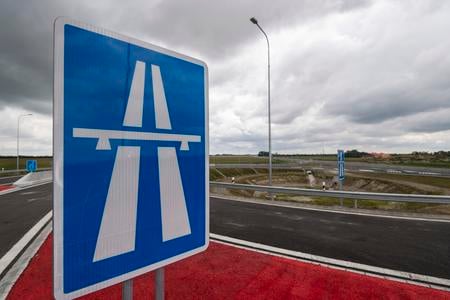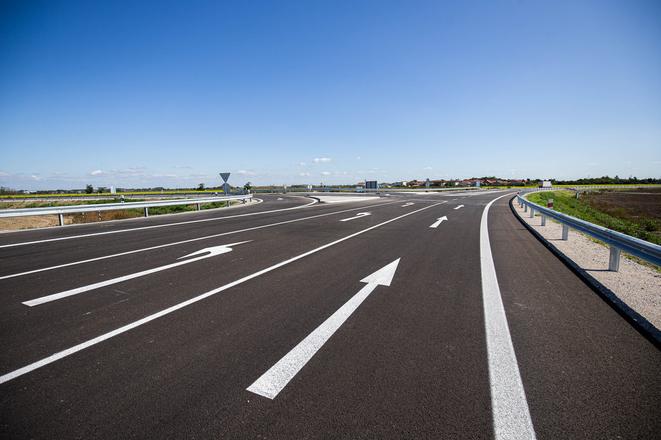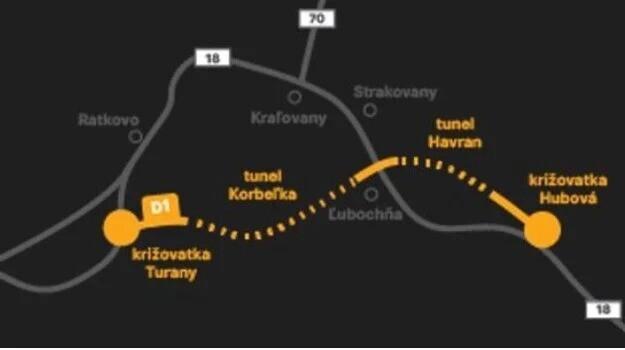In March, Transport Minister Jozef Ráž (Smer nominee) claimed that the estimated amount to construct the problematic and long-delayed section of the D1 highway between Turany and Hubová, northern Slovakia, should cost approximately €1 billion, reports Index magazine.
However, according to a new six-page feasibility study carried out for the National Highway Company (NDS), the last missing section of the highway should cost €1.9 billion. More than half of the costs for the 13.5-kilometre section will be for the Korbeľka (5,868 m) and Havran (2,820) tunnels.
The construction of the highway and tunnels alone will cost €1.7 billion, the rest planned for land purchases, preparation of papers and construction supervision, as well as a reserve for unforeseen expenses.

The original figure was a few years old. Meanwhile, inflation due to the pandemic and war in Ukraine has increased the price. The new price is realistic, reflects the current conditions and takes into account geological factors, says NDS spokesman Tomáš Ferenčák.
The estimated price may not be final; it will be determined by the bid for a contractor. The bid may even result in a lower price. According to Ráž, the bid should be announced in the summer. However, Ondrej Matej, director of the Institute for Transport and Economy, says that this autumn is a more realistic scenario. According to him, a direct negotiation procedure can last half a year, a public tender even a year-and-a-half; construction could then start in 2026 at the earliest.
Neither the ministry nor NDS want to specify the start construction date.
However, the Višňové tunnel near Žilina is a great example of the state's failure in the preparation and construction of highways. Though the tunnel began to be dug in 2015, it is still not finished. It is said to be built in 2025. The tunnel is part of the D1 highway.
According to the currently valid schedule, the complicated section should be built in 2032. The construction of the D1 highway began in the early 1970s.
The Value for Money (ÚHP) unit at the ministry should comment on the new study within 30 days.


 Illustratory image. (source: SME - Marko Erd)
Illustratory image. (source: SME - Marko Erd)
 The unbuilt highway section between Turany and Hubová. (source: NDS/Index)
The unbuilt highway section between Turany and Hubová. (source: NDS/Index)